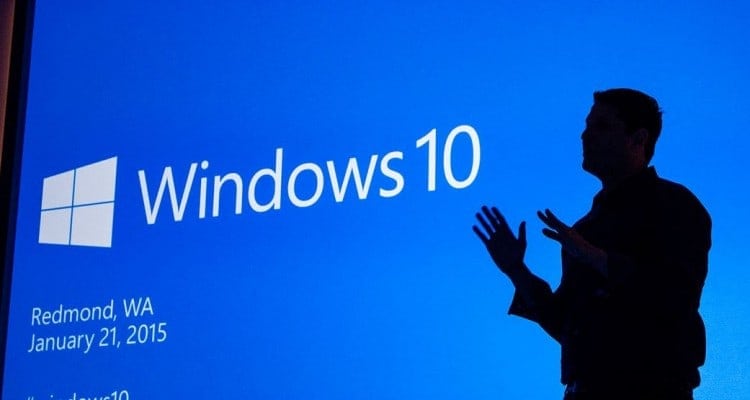Users have been “downgrading” their Windows OS for many years now. Most recently, the resistance to move from Windows 7 to Windows 8 due to its dramatic change in user interface and experience. And while Windows 8.1 and now Windows 10 seem to have worked out a lot of the kinks and some complaints, with Microsoft even offering free upgrades to the latest OS, there are many that rely on older operating systems not only due to familiarity, but for compatibility with specific applications. But if you’re looking to run the latest hardware, in particular the latest CPUs and motherboards, Microsoft has said that Windows 10 will be the end of the road for older CPU platforms.
According to The Verge, Microsoft has told us in a blog post that Windows 10 will be the only way you’ll get continued support for the latest Intel Skylake platform and beyond. That means that anything below Intel Broadwell will find support lacking or non-existent in future OS updates. While it’s not uncommon to have to upgrade your hardware to take advantage of the latest features in a new OS, many PC enthusiasts have given new life to older hardware through a new OS, and for gamers, a simple drop in GPU upgrade at the same time.
While this may still be possible up to a certain point, you can expect that at the very least, you’ll lose out on some new features, but you can also equally expect that the new OS may not run at all on older hardware in the future. This also means that AMD’s latest “Bristol Ridge” platform and Intel’s “Kaby Lake” will be Windows 10 only out of the box.
Microsoft is not quitting cold turkey though, and will continue to support Windows 7 and 8.1 through updates from January 14, 2020 for the former, and January 10, 2023 for the latter. But only if you’re already using hardware that was current within the market lifespan of each OS. Enterprise customers will have the most work to do as Microsoft will only be supporting new hardware on the older OSes till July 17, 2017, and it will only be on select Skylake based systems. Only critical updates that do not affect compatibility or reliability will make it though so chances of anything new is slim to none.
It looks like the days of Microsoft supporting an OS like Windows XP long past its due date will finally be over. While no one is really mourning the loss of Windows XP, we are bummed that all that perfectly capable hardware in our closets will never have a chance to be passed on to others with Microsoft’s latest OS onboard.
What do you think of Microsoft’s latest move to keep us upgrading when we move to new hardware?
Source: The Verge / Microsoft Windows Blog / PC World

